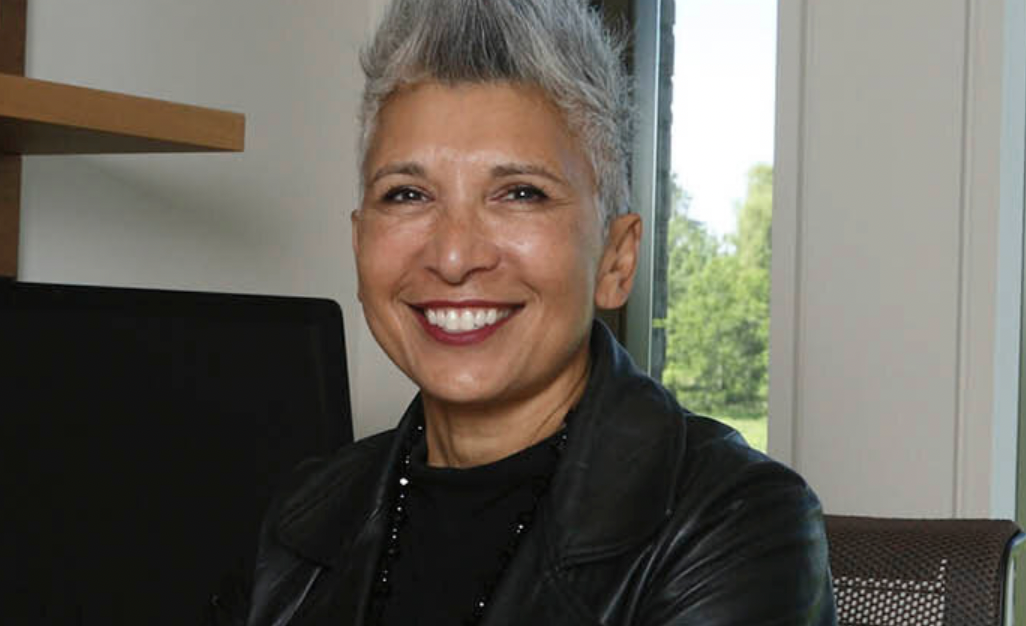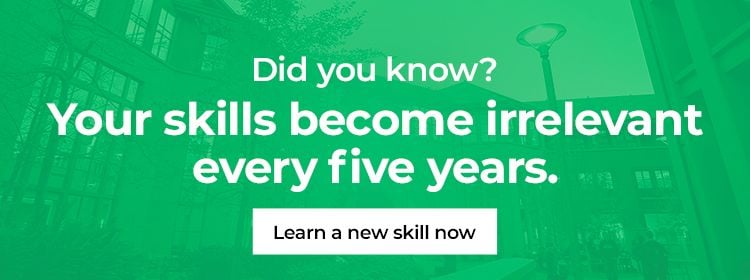How Business Students Can Change Business for Good

This article was originally published by the Network for Business Sustainability. It was written by Tima Bansal.
Business school students want to change their curriculum and the broader world. Let’s talk about how they can do it.
Dr. Tima Bansal is Professor at the Ivey Business School and Founder of NBS.

When I first taught sustainability to business school students – almost 20 years ago – they pushed back hard. In their course evaluations, they criticized the content and questioned the relevance of sustainability in a business school.
A few students still question sustainability content, but there has been a clear shift in student sentiment in the last few years. Most business school students are not asking for less, but more sustainability content. The students who deny climate change and seek extreme wealth are no longer the loudest voices in the room.
Many of today’s business students question why the primary goal of business is profits. Arguably, many professors, managers and community members are asking the same question, yet it seems that both business school curriculum and businesses are slow to change.
I am writing this post, then, primarily to those business school students who question what they are being taught, and secondarily to the professors who teach in business schools and the managers who hire the students.
How Students See Capitalism and Business School Curriculum
In the last two days, I received five messages from current and former Ivey students. They likely reached out to me because of my long advocacy for sustainability in Ivey’s curriculum. Two email messages were from Ivey alumni who were disillusioned by their work in high status organizations (a major consulting company and a major bank) and wanted career advice. Another three messages came from current Ivey students, asking me how they can change the system for public good.
Here’s part of the note from Andrew Klein, one of the current Ivey students:
“I have so many questions that keep me up at night. What will motivate corporations to do the right thing when the right thing is often the harder thing to do? How can we incentivize people to care about the climate crisis when it isn’t an imminent threat (i.e. it’s not comparable to a meteor charging to earth but it’s equally devastating). How can we create a government that gives people basic freedoms while also acting as an influential regulating body? How can we overhaul a system of governance that isn’t working for so many people? How can we incentivize morality? What does a future look like where our attention is the product firms are selling?… to name a few. I don’t expect answers to these questions, but I value the opportunity to engage in discussion around them.”
Rather than respond to Andrew’s comments and those of the others privately, I have decided to respond publicly. Specifically, I will try to answer the questions students are raising about how to motivate companies to “do the right thing,” and even increase the sustainability content in their business school classes.
I also hope that this post will stimulate further discussion of these issues. Please comment directly on the article, below. This conversation can inform managers and business school professors about business school students’ views.
How Business School Students Can Change Companies and Curriculum
Here are three strategies I recommend, whether students seek to change their business schools or the broader world.
1. Ask, don’t tell
In general, I love it when people ask me questions. I feel they care about what I think. If I know the answer, I feel good. If I don’t, I reflect.
 Students can do the same: ask questions, but not just of people who believe in sustainability, but also of skeptics. Good questions lead people to articulate their hidden assumptions. There is considerable evidence that shows people change their minds not from being told what to think, but by being deeply engaged in a conversation.
Students can do the same: ask questions, but not just of people who believe in sustainability, but also of skeptics. Good questions lead people to articulate their hidden assumptions. There is considerable evidence that shows people change their minds not from being told what to think, but by being deeply engaged in a conversation.
Katharine Hayhoe has some super advice, based on science and her own experiences, about changing views on climate change through this kind of personal engagement and questioning. Adam Grant similarly recognizes the power of good questions.
So, students: please ask questions of classmates, who don’t necessarily share your point of view; of professors, who may not even see the ideological stand they have taken; and of prospective employers, who need to understand their own firm’s policies. Asking questions is a first, and possibly the most important, step in changing the system.
2. Join networks of influence
Business school administrators love to claim that they are producing the ‘leaders of tomorrow,’ encouraging students to model themselves on the likes of Elon Musk and Jeff Bezos. The professors who teach leadership sometimes widen the aspirational lens by pointing to leaders of social change, such as Nelson Mandela, Martin Luther King, and even Greta Thunberg.
But, these people are, by definition, rare. Most of us are not household names and will never be, but we can still play an important role in changing the system. We do this by collaborating with others, working shoulder-to shoulder with allies and through networks of influence.
Through these networks, including NBS’s, we can amplify our collective voice. Different networks offer different points of view, which helps to create a powerful harmony. As well, networks offer companionship, community and purpose. By locking arms, we start to create the world that we want to see.
3. Engage in positive, action-oriented public conversation
 Opinions seem more polarized than ever. Conservatives on the right take down liberals on the left, and vice versa. Amidst this negativity that is driving people apart, there is huge opportunity for positive dialogue that brings people together. We need good stories and potential solutions.
Opinions seem more polarized than ever. Conservatives on the right take down liberals on the left, and vice versa. Amidst this negativity that is driving people apart, there is huge opportunity for positive dialogue that brings people together. We need good stories and potential solutions.
No single silver bullet will create resilient and flourishing societies. We need many solutions that nudge us towards a positive end. So, tell inspirational stories — maybe about a sustainability initiative by your student club, or a powerful insight from a class. How you and your networks contribute to a better world will inspire others to take action.
4. Students are Powerful – Share Your Reactions
I don’t have all the answers. I likely have even more questions than those raised by Andrew Klein and the other students who write to me.
Some days I am less optimistic than others. The last year has been hard, as society is victimized by COVID-19 and escalating climate disasters. Yet at no point in my career have I been more optimistic about students mobilizing for a better future. In my 20 years of teaching in business schools, students have come a long way. It’s just as well, as these issues are more urgent than ever.
I hope that this editorial will spark reactions from business students, who will share with the managers and business school professors who read this piece what you think we can do collectively for a better future.
More From Tima’s Desk
Dr. Tima Bansal, NBS’s Founder, regularly shares her observations about business sustainability. Click here to see the full series.
If you’d like to explore a content collaboration with Emeritus or leave a review, write to us at content@emeritus.org





